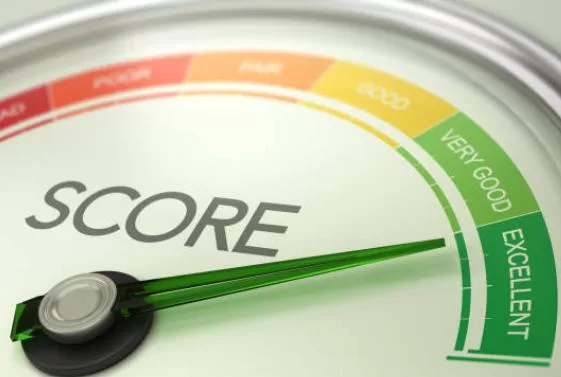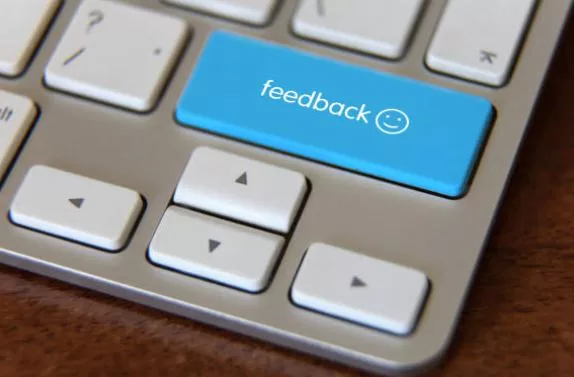How Can Use Self-Reflection For Self Improvement?
Learn how to use self-reflection for self-improvement.

Selfpause Affirmation App
Download the app to get 1,000’s of affirmation meditations and everything you need to write, record and listen to your own.
Self-reflection is the process of scrutinizing one’s own ideas, emotions, and actions. By reflecting on ourselves, we can obtain insight into our strengths, weaknesses, and growth opportunities. This understanding can be used to make positive life changes and advance one’s own development. This essay will examine how self-reflection can be used as a technique for self-improvement.
Reserve time for introspection

Setting aside time for self-reflection as a means of self-improvement is the initial step. This could range from a few minutes per day to up to an hour every week. The crucial aspect is to make it a routine practice. Locate a place where you can be alone with your thoughts, and avoid any potential distractions that could hinder your introspection.
Ask yourself open-ended questions

As you begin your self-reflection, it can be good to ask yourself open-ended questions. These questions should provoke in-depth thought and inspire self-exploration. The following are instances of open-ended questions:
What are my fundamental beliefs and values?
What are my advantages and disadvantages?
What are my greatest accomplishments and failures?
What are my future objectives?
Try to be as sincere and neutral as possible while considering these questions. Do not evaluate or attempt to defend your conduct. Observe and reflect only.
Maintain a diary.

Keeping a journal is one of the most effective strategies to participate in self-reflection. Putting down your ideas and emotions can assist you to more efficiently digest them and acquire more self-awareness. You can record your reflections on open-ended questions, chart your progress towards your goals, or simply scribble down your thoughts and feelings in your diary.
Observe mindfulness

Mindfulness is the discipline of being fully present and aware of one’s thoughts, feelings, and environment in the present moment. By practicing mindfulness, you can cultivate more self-awareness and enhance your capacity for introspection. Mindfulness can be practiced by focusing on your breath, watching your thoughts without judgment, or just paying attention to your senses.
Detect recurring behavioral tendencies

You may begin to discover patterns in your thoughts, feelings, and behaviors as you engage in self-reflection. These patterns can provide important insight into your personality, habits, and preferences. You may observe, for instance, that you tend to postpone when confronted with a difficult assignment or become apprehensive in social circumstances. By recognizing these patterns, you may begin to address them and implement beneficial life adjustments.
Establish self-improvement objectives

You can develop goals for self-improvement based on the insights gained via self-reflection. Identify areas of your life where you would like to make good adjustments based on your reflections. You may wish to enhance your communication skills, adopt a healthier lifestyle, or become more organized, for instance. After identifying your objectives, you should develop a strategy for accomplishing them.
Take steps

Only self-reflection followed by action is beneficial. Once you have set your goals and created a plan of action, take real measures towards achieving them. This may require forming new habits, seeking the assistance of others, or enrolling in classes or workshops to enhance your abilities. Understand that self-improvement is a lengthy and laborious process. Don’t be discouraged by setbacks or challenges. Instead, view them as learning and development opportunities.
Assess your progress

It is essential to constantly assess your progress as you work towards your objectives. This might help you stay on target and make necessary modifications. Ask yourself questions like:
Are I advancing toward my objectives?
Exist any hurdles or challenges that I must overcome?
What have I discovered about myself throughout this process?
By monitoring your progress frequently, you can maintain your motivation and make any required course corrections to guarantee that you are on the route to attaining your objectives.
Seek feedback from others

Obtaining input from others is another crucial part of self-development. Request feedback on your strengths and shortcomings from friends, family, and coworkers you can trust. This input can be beneficial for gaining a more accurate understanding of oneself and identifying opportunities for growth. Accept constructive criticism as an opportunity to learn and develop.
Celebrate your triumphs

Lastly, remember to enjoy your accomplishments along the way. Self-improvement is a demanding and often arduous process, and it is essential to recognize and celebrate your successes. Take time to evaluate your success and acknowledge your hard work and dedication. This might raise your confidence and encourage you to continue your journey of self-improvement.
Self-reflection is, in conclusion, an effective method for self-improvement. By examining our thoughts, feelings, and behaviors, we can achieve more self-awareness and identify opportunities for improvement. By setting objectives, taking action, and periodically evaluating our progress, we can attain our full potential and make great changes in our lives. Self-reflection may become a vital component of our personal growth path through practice and commitment.
